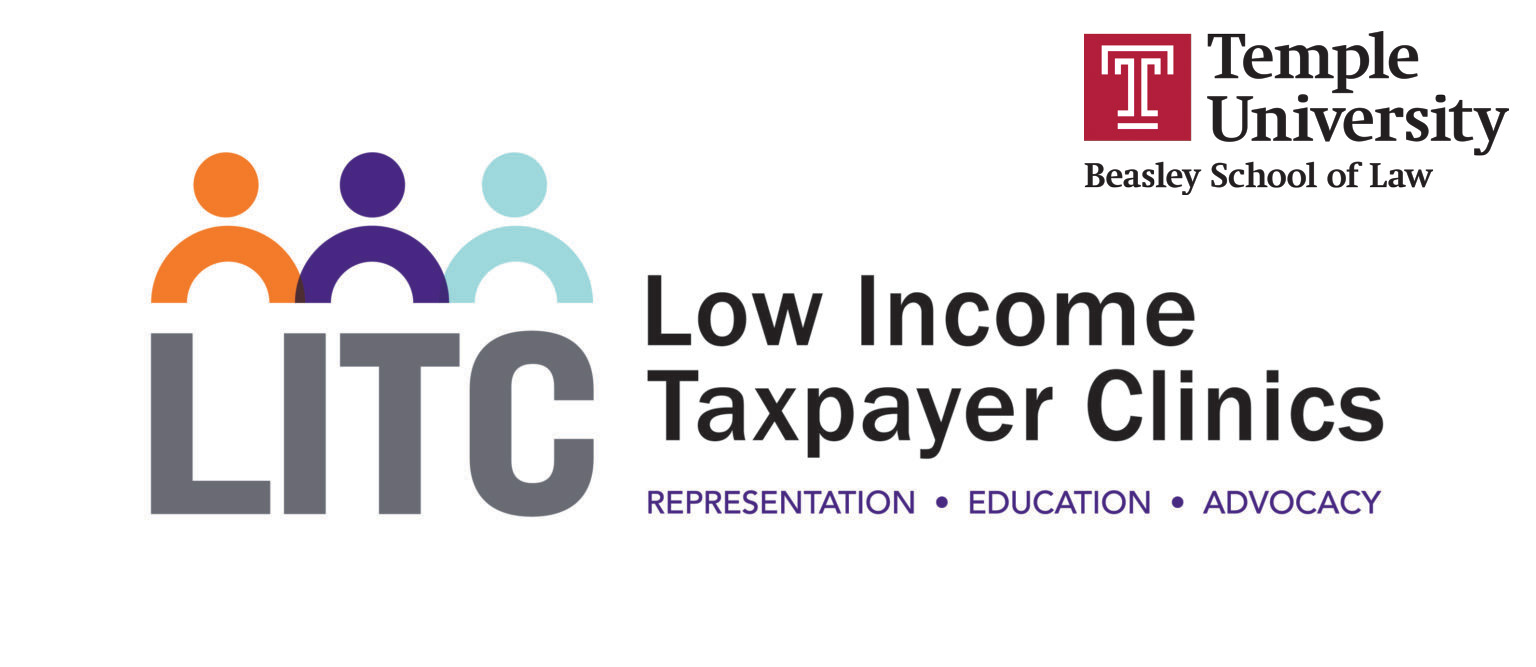
Temple University Beasley School of Law’s Low Income Taxpayer Clinic (LITC) has received a $50,000 grant from the Pennsylvania Department of Revenue to expand its services and assist more low-income individuals facing state tax issues. This funding, part of a $150,000 initiative supporting clinics at Temple, the University of Pittsburgh, and Villanova, will allow Temple’s LITC to provide pro bono legal representation and guidance on matters such as audits, appeals, and tax collection issues.
Under the direction of Professor Omeed Firouzi, the clinic aims to help clients address state income tax liabilities, navigate collection alternatives, and advocate for those impacted by worker misclassification.
“This new partnership with the Pennsylvania Department of Revenue is an incredibly exciting opportunity for our clinic to more dedicatedly focus on state tax controversy issues,” Professor Firouzi said. “For so many clients, state income tax liabilities can be burdensome but with the assistance of a Low Income Taxpayer Clinic, taxpayers can engage proactively to deal with these issues. This funding will allow us to deeply dive into programs, collection alternatives, and other avenues for relief for our clients who find themselves dealing with the Department of Revenue.
The Temple Law LITC offers free legal help to low-income individuals dealing with tax issues involving the IRS or Pennsylvania Department of Revenue, with students assisting clients in navigating complex tax processes, including negotiating settlements and filing appeals to reduce or eliminate tax debt. For clients facing collection challenges, such as levies or garnishments, the LITC explores relief options like installment plans and offers in compromise.
“This funding is crucial because not only will it allow taxpayers to seek counsel in resolving state tax matters, but it will give students the opportunity to learn more about state tax controversies, see how tax debt can affect individuals in a range of ways, and also help clients even more to reduce their financial burdens,” Professor Firouzi said.
Abena Ampofo, a 2025 J.D. candidate, shared her perspective as a student advocate in the clinic during the Spring 2024 semester. “I enrolled as a student advocate in Temple’s Low Income Taxpayer Clinic, helping Philadelphia’s lower-income citizens with their federal tax issues,” she explained. “While an advocate, I was assigned a client who, at first glance, only had federal tax issues. However, during our representation, we learned that he had recently become unemployed and had not paid any taxes to Pennsylvania the year before. Knowing the tax deadline was approaching, we worked to replicate the federal process on the state side to give him some reprieve from instantly paying his taxes while he got back on his feet. Because the clinic had been primarily focused on federal instead of state taxes, I had to do a lot of research under [Professor Firouzi’s] supervision to ensure that the process was accurate.”
Now in her final year of law school, Ampofo credits her clinic experience for solidifying her commitment to tax law and developing key skills in negotiation, counseling, and advocacy.
“The funding for the Temple LITC to also work on state tax issues is long overdue. As a state with a tax system and many processes that require support from knowledgeable personnel, the funding will help taxpayers significantly,” Ampofo said. “Law students will also improve our knowledge as we learn the intricacies of Pennsylvania income tax law.”
This grant strengthens Temple’s commitment to providing real-world training for students while serving Pennsylvania’s vulnerable populations. By partnering with the Pennsylvania Office of Taxpayers’ Rights Advocate, the Temple LITC will further the mission of supporting equitable access to the tax system.
